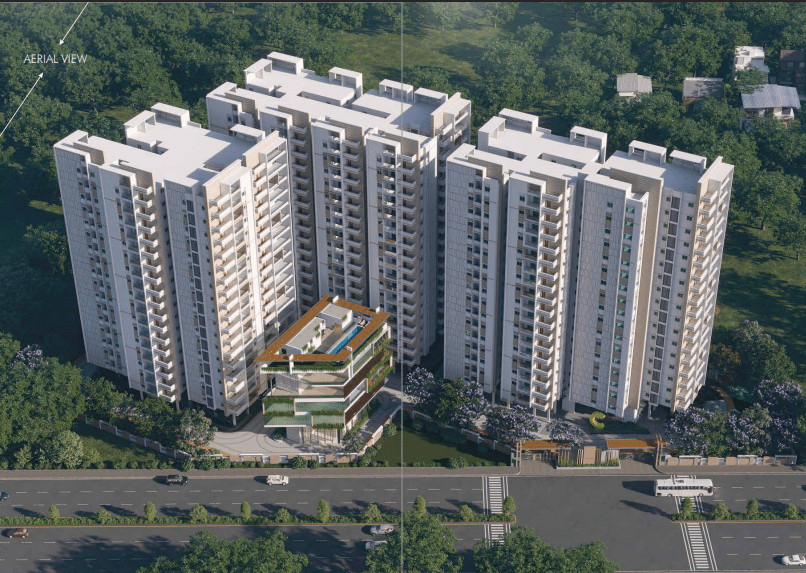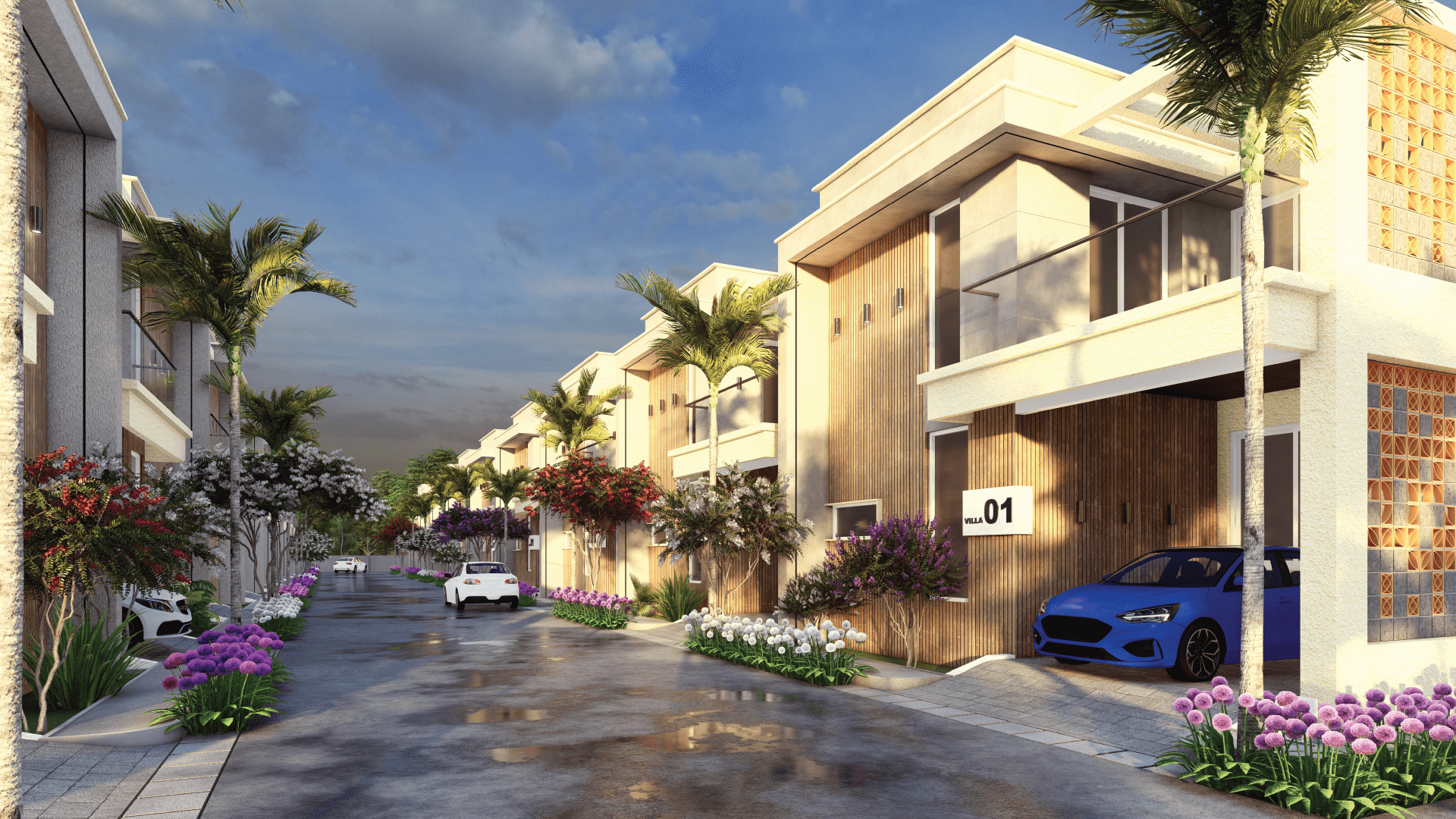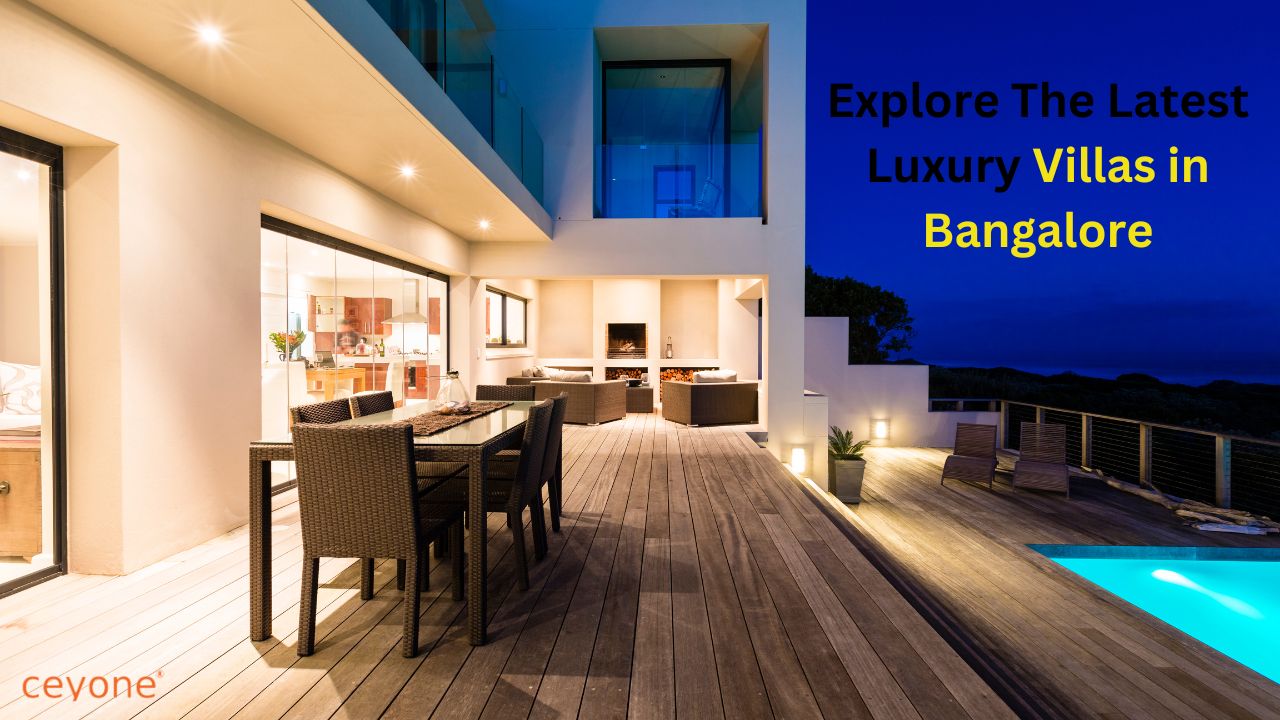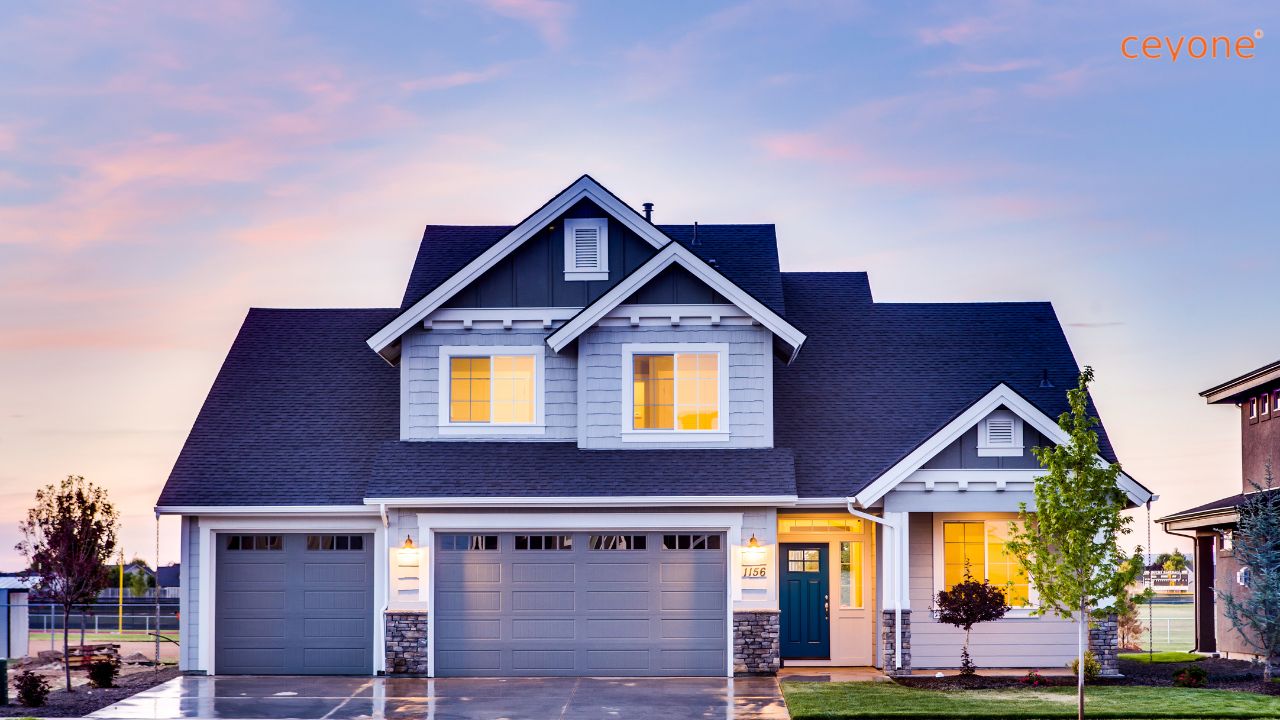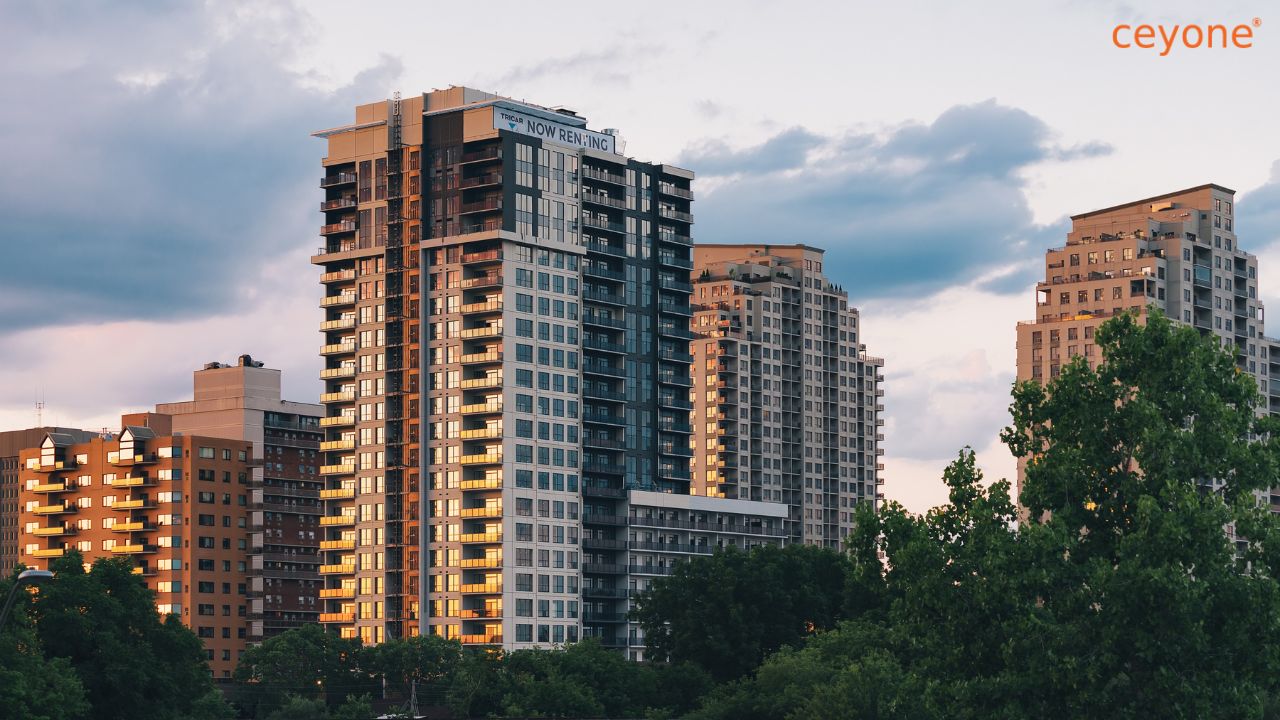Buying a Home in Your 30s? Discover These Powerful Essential Tips!
Thinking of buying a home in your 30s? Discover essential tips on budgeting, location, legal checks, and more. Make smarter real estate decisions with expert guidance.
Your 30s are a defining decade. For many, it’s when careers stabilize, incomes grow, and life goals become clearer. It’s also the age when homeownership starts to feel not just possible—but necessary. Whether it’s because you’re planning a family, investing for the future, or just tired of renting, buying a home in your 30s can be one of the most empowering decisions you’ll ever make.
But it’s also a decision that needs clarity, planning, and a bit of strategy. If you’re in your 30s and thinking about buying your first home, here’s everything you should know—financially, emotionally, and practically.
Before Buying a Home:
1. Know Why You’re Buying
Before you get into square feet and home loans, ask yourself why you want to buy a home. Your answer will shape every other choice.
- For living: Are you looking for a forever home, or a place to stay for 5–10 years before moving up?
- For investment: Are you buying in a developing area to benefit from future appreciation?
- For family needs: Do you need space for kids, parents, or home offices?
When you’re clear on your “why,” it’s easier to prioritize what matters—location, size, budget, amenities, etc.
2. Check Your Financial Health
Buying a home isn’t just about the down payment. It’s about your full financial picture. Before you start browsing listings, do a quick financial checkup:
- Credit Score: A higher score gets you better interest rates. Aim for 750+.
- Savings: Ensure you have enough for:
- Down payment (usually 10–20%)
- Registration/stamp duty
- Interiors & moving costs
- Emergency fund (post-purchase)
- Down payment (usually 10–20%)
- Debt-to-Income Ratio: Lenders usually prefer your total EMIs (including home loan) to be under 40% of your income.
If your finances aren’t ready yet, that’s okay. Spend a few months improving your credit and saving more. The right house is worth the wait.
3. Think Long-Term, Not Just Today
It’s tempting to buy for your current lifestyle—but think ahead.
- Will you need more space in 5 years?
- Is the neighborhood developing or stagnating?
- Are schools, hospitals, transport, and daily needs within easy reach?
Buying a home in your 30s means it might be your base for a decade or more. Choose a home and location that will grow with you.
4. Don’t Overstretch Your Budget
Many young buyers get caught in the “dream home” trap—spending beyond comfort to get everything on their wishlist. Avoid this.
Remember:
- Just because you can get a higher loan doesn’t mean you should.
- EMIs are long-term commitments. Choose an EMI that lets you live, save, and enjoy life—not just survive.
As a thumb rule: Keep your EMI to under 30% of your take-home salary, and leave room for savings, travel, and life goals.
5. Evaluate the Developer and the Property
Whether you’re buying under construction or ready-to-move, do your homework:
- Is the developer reputed and RERA-registered?
- Does the project have all approvals (title, land clearance, environment clearance)?
- What’s the construction quality and timeline?
- Are the amenities actually useful for your lifestyle?
In the age of smart marketing, don’t go by brochures alone. Visit the site, talk to current buyers (if applicable), and check online reviews.
6. Factor in Lifestyle & Work-Life Balance
Today’s homebuyers aren’t just looking for a house—they’re looking for a better life. Think about:
- Commute: Is the location close to work hubs or well connected?
- Amenities: Does the community support your hobbies—gyms, parks, kids’ play areas, co-working spaces?
- Peace vs. Proximity: Can you find a home that offers both calm and convenience?
Many new-age communities, like those just outside the city core, offer this perfect blend. For example, projects near Electronic City in Bengaluru offer short commutes and peaceful surroundings.
7. Don’t Skip Legal and Technical Checks
Always get the property’s legal documents verified by a property lawyer—even if it’s a reputed builder. Also, do a technical inspection if it’s a resale flat.
Legal verification includes:
- Title deed
- Encumbrance certificate
- Building approval
- Property tax receipts
A few thousand spent here can save you lakhs and legal stress later.
8. Plan for Post-Purchase Costs
Buying the house is just the beginning. Be ready for:
- Registration charges (typically 5–7% of property value)
- Interiors and furnishing (especially for under-construction homes)
- Maintenance and property tax
- Unexpected repairs or upgrades
Don’t empty all your savings into the down payment. Keep a buffer.
9. Consider Joint Ownership
If you’re married or planning to co-own the home with a family member, joint ownership has benefits:
- Higher loan eligibility
- Shared financial burden
- Tax benefits for both parties (under Section 80C and Section 24)
Just ensure both names are on the loan and property documents.
10. Stay Emotionally Grounded
Buying your first home is exciting—and emotional. But don’t let emotions overpower logic. Stick to your budget, question the hype, and make decisions based on value, not vanity.
Take your time. Don’t rush. A good home is not just where you live—it’s where you grow, build memories, and invest in your future.
Final Thoughts: Your 30s Are the Smart Time to Buy
You’re at the perfect intersection of financial strength, career clarity, and long-term planning. Buying a home in your 30s is not just possible—it’s powerful.
When done right, it gives you stability, security, and the foundation to build the life you’ve been working toward.
So take that leap—but take it wisely. Your future self will thank you.
How Ceyone Will Help You Make the Right Move
At Ceyone, we understand that buying a home—especially in your 30s—is not just a transaction, but a major life milestone. That’s why we’re committed to guiding you every step of the way. From shortlisting the right property based on your budget and lifestyle, to connecting you with trusted developers, legal experts, and loan advisors, Ceyone ensures a seamless, stress-free experience. Our in-depth market insights, curated project recommendations, and personalized support help you make confident, informed decisions—whether it’s your first home, a smart investment, or your forever space. With Ceyone, you don’t just buy a house—you invest in peace of mind.

